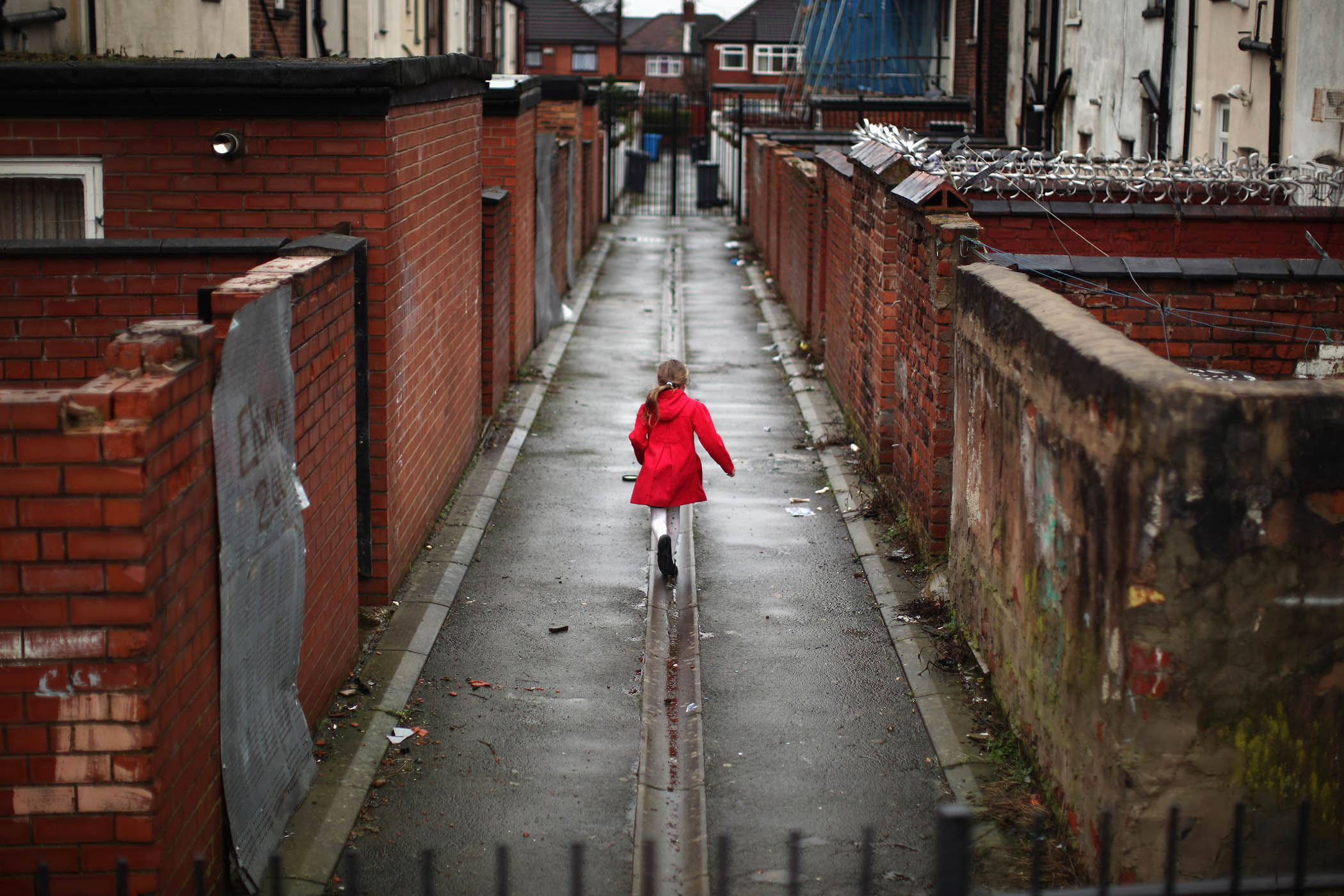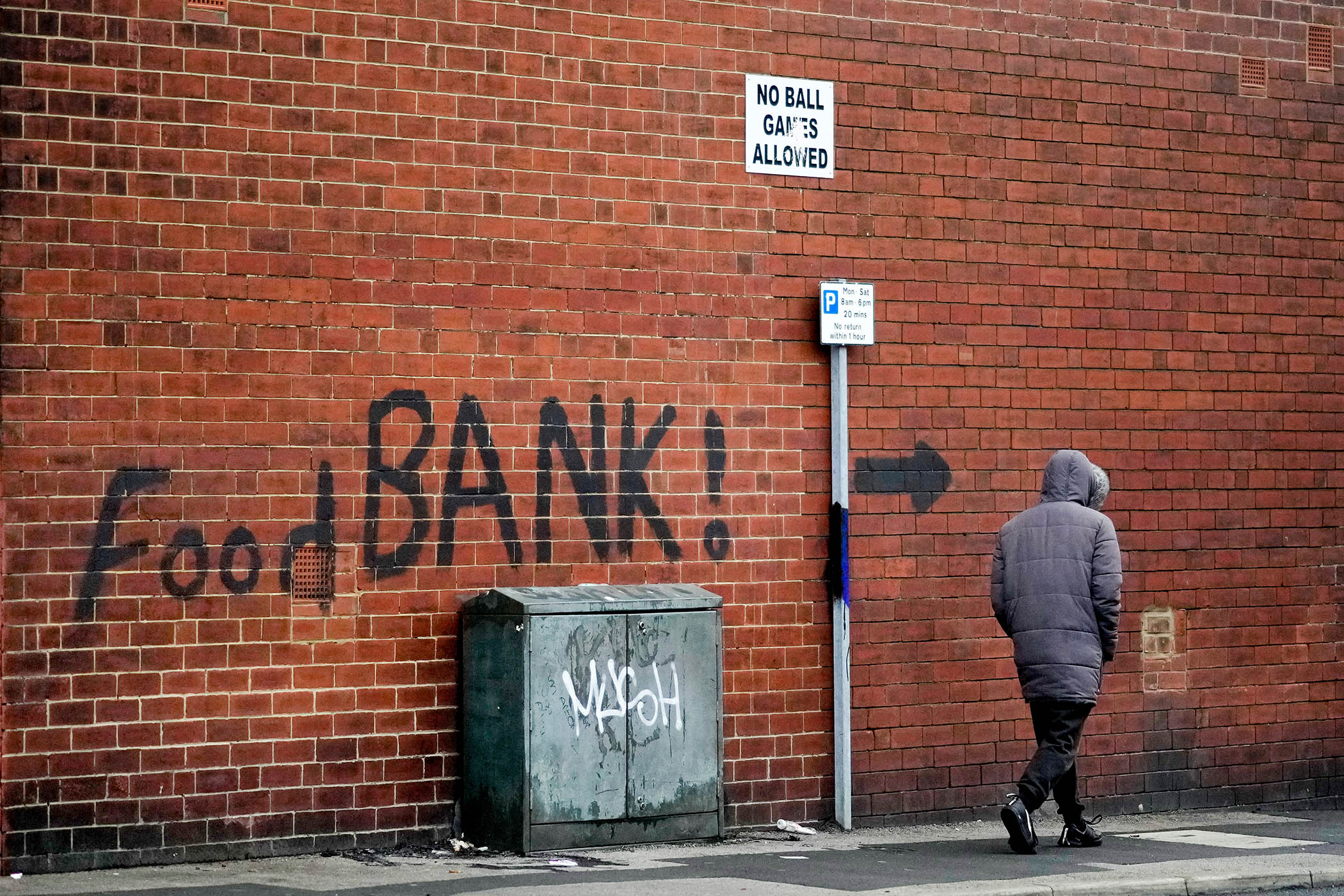UK wages are now rising significantly faster than inflation – and that means that pensions, which rise by the highest of earnings, inflation and 2.5%, will rise substantially next spring.
The Office for Budget Responsibility (OBR) says this “triple lock” system will cost three times as much as expected by the end of the decade – all funded by taxpayers.
Every tax affects us all. For businesses, it isn’t just corporation tax and employers’ national insurance that matter. Higher VAT reduces people’s purchasing power, and higher income tax reduces the incentive to work. Neither help businesses succeed.
Higher taxes for higher pensions has no upside for business. Business must speak up and demand that government and opposition parties pledge to end this ceaseless growth-sapping pension ratchet.
Only 30% of children on free school meals pass English and maths GCSEs. This is not just a disgrace, it’s economic madness
Only 30% of children on free school meals pass English and maths GCSEs. This is not just a disgrace, it’s economic madness
That isn’t to say taxes should never rise. Higher taxes to build infrastructure is an investment. So is investing in schools and universities. Business can be better off if taxes rise to pay for these things. So far, so well known.
Less well known is that higher benefits for children are also an investment. Poverty is the best predictor of a child’s performance at school. Only 30% of children eligible for free school meals pass English and maths GCSEs – about half the rate of other pupils. This is not just a disgrace, it’s economic madness.
It’s not that these children are unintelligent or that their parents are unsupportive – children raised in poverty do worse in their GCSEs than richer children who got the same scores aged 11. It isn’t about the schools either – poor pupils do worse than others in any given school, even when taught by the same teachers, in the same classes.
It is, above all, about poverty. I grew up poor, and know the reality as well as the statistics. Poor children are less likely to have a quiet place at home to do their homework. Their houses are more likely to be cold and damp. Money worries make parents stressed, and less able to be supportive. Parents often work antisocial hours, and their children have to make their own dinner, do their own washing, and so on. Children learn to lie to their parents about what they want and don’t want – a terrible way to have to grow up. Their expectations are lowered.
Related articles:
By contrast, richer children are more likely to have paid-for lessons when they are struggling at school, and paid-for drama, sport and other classes that boost confidence and the knowledge that hard work pays off – useful beliefs in school and life.
Under the last Conservative government, child poverty rose significantly. Labour has not changed those policies, so child poverty continues to rise steadily. In the medium term, this will reduce UK growth, with more young adults not in employment, education or training, or, at best, in low-paid work.
Newsletters
Choose the newsletters you want to receive
View more
For information about how The Observer protects your data, read our Privacy Policy
The right policy is not rocket science. Reducing child poverty means better grades in school, higher employment and higher wages. That, in turn, means more tax revenues and less welfare spending for the next generation. For sure, it is a slow-burn investment, but PublicFirst analysis for Action for Children shows a positive rate of return over 20 years, and substantially positive thereafter. Transforming school results by reducing poverty would mean a brighter economic future.
Labour says growth is its number one priority. If that is true, it should cut child poverty, most cost-effectively by abolishing the two-child benefits rule. Since we don’t want more taxes, it should announce the end of the triple lock. That would be sensible in welfare terms, and good for growth. Business needs to make that argument, because otherwise, raw politics will trump pro-growth policies, yet again.
Tim Leunig is director of economics at PublicFirst Consulting
Photograph by Christopher Furlong/Getty Images



